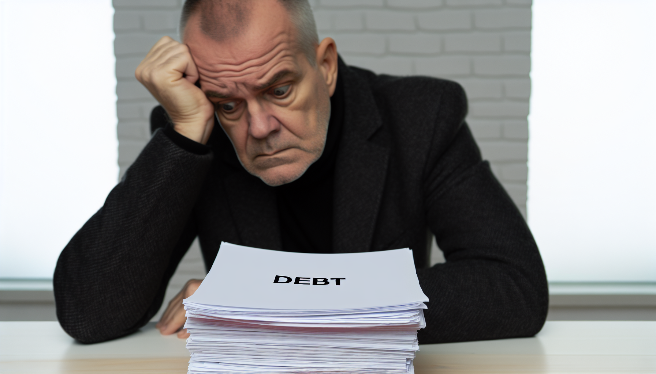Navigating the world of credit can often feel like walking through a financial minefield, with the concept of ‘bad credit’ looming like a trap that can spring at any moment. Before you take your next step, let’s break down the basics of bad credit and what it actually means for your financial health and future.
What is Bad Credit?
Bad credit is more than just a few unlucky numbers; it’s a reflection of your past interactions with debt and your reliability in paying it back. It usually means having a credit score that falls below the standard acceptable range determined by credit bureaus. These scores typically range from 300 to 850, and having a score on the lower end signals to lenders that you may be a riskier bet when it comes to extending credit or loans.
How is Your Credit Score Calculated?
Your credit score is like the financial world’s version of your GPA – it summarizes your creditworthiness based on a few key components:
- Payment History (35%): This is your record of paying back debts on time. Late payments are like the bad grades on your report card.
- Credit Utilization (30%): This reflects how much of your available credit you’re using. Maxing out credit cards is akin to overloading your schedule with tough classes and not balancing them well.
- Credit History Length (15%): The longer your history of managing credit, the more insight lenders have into your behavior as a borrower.
- Types of Credit in Use (10%): A mix of credit (credit cards, mortgage, auto loans) can show that you can handle different types of debt responsibly.
- New Credit (10%): This includes the number of new accounts you have opened or applied for recently.
Consequences of Bad Credit
With bad credit, the financial terrain gets rough. You may face:
- Higher interest rates: Lenders see you as a high-risk borrower and will charge you more to borrow money.
- Loan and credit card rejections: Lenders might be unwilling to take the risk at all.
- Difficulty renting homes: Landlords often check credit to gauge if you’ll be a reliable tenant.
- Higher insurance premiums: Some insurers associate bad credit with higher claims filed.
- Damaged job prospects: Some employers check credit as part of the hiring process.
Strategies to Improve Bad Credit
Turning your credit score around isn’t a sprint; it’s a marathon. You’ll need to:
- Keep track of your credit reports: Check for errors and understand where you stand.
- Pay your bills on time: Set reminders and organize your finances to avoid late payments.
- Pay down debt: Work on reducing outstanding balances, especially on high-interest accounts.
- Don’t close old credit cards: Length of credit history matters, so keep older accounts open.
- Limit new credit applications: Only apply for new credit when necessary.
When Bad Credit Becomes a Deal Breaker
Sometimes, bad credit can stop your financial progress dead in its tracks. This often happens with major life decisions such as buying a house or car. In these scenarios, it’s sometimes possible to work with specialized lenders who cater to those with lower credit scores, but this will often come at a greater cost.
Takeaway
Bad credit doesn’t have to be a life sentence. It’s a financial hiccup on the path to your money goals. Understanding your credit, tackling debt wisely, and reinforcing good habits can elevate your score over time. And remember, each small step you take towards improving your credit is a leap towards financial freedom. Keep an eye on the prize, and don’t let the concept of bad credit scare you from walking confidently on your financial journey.


